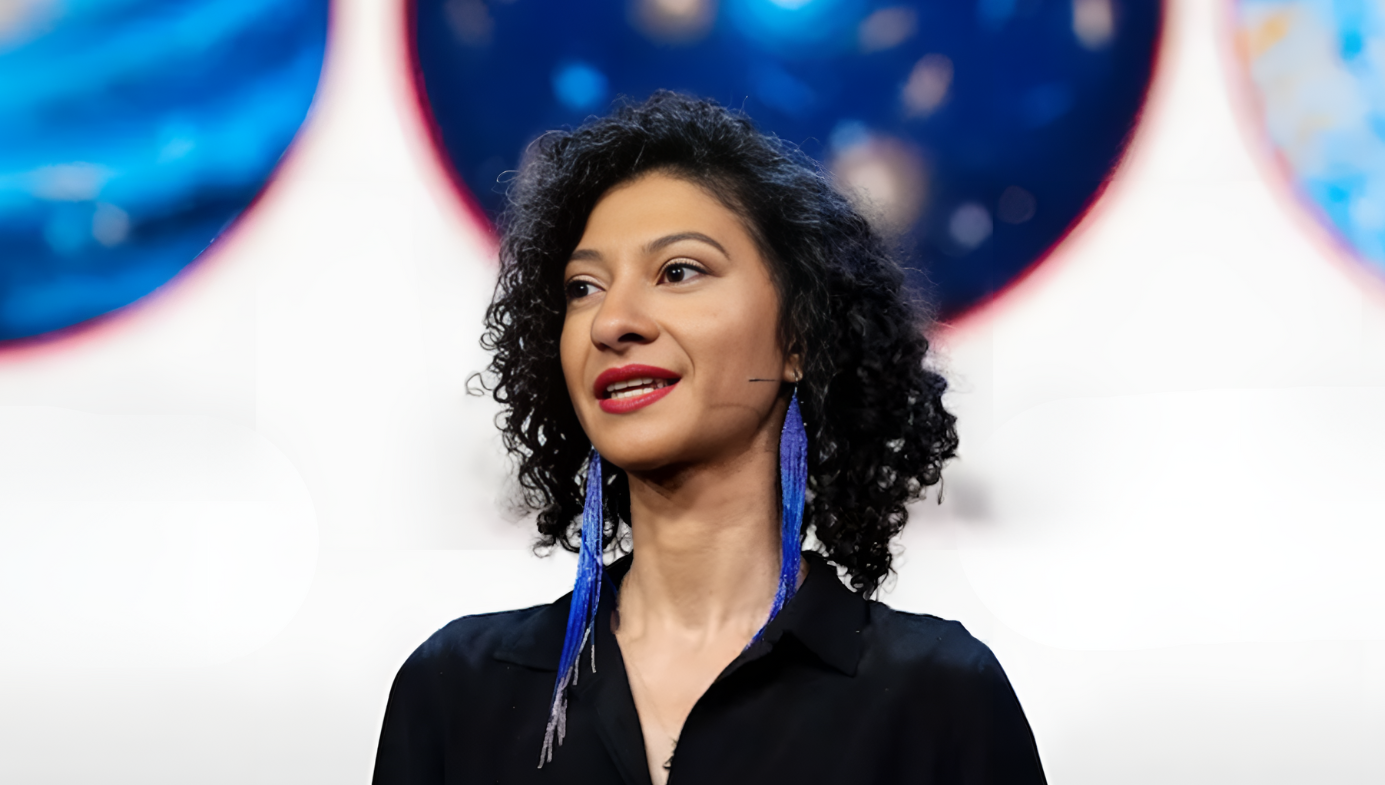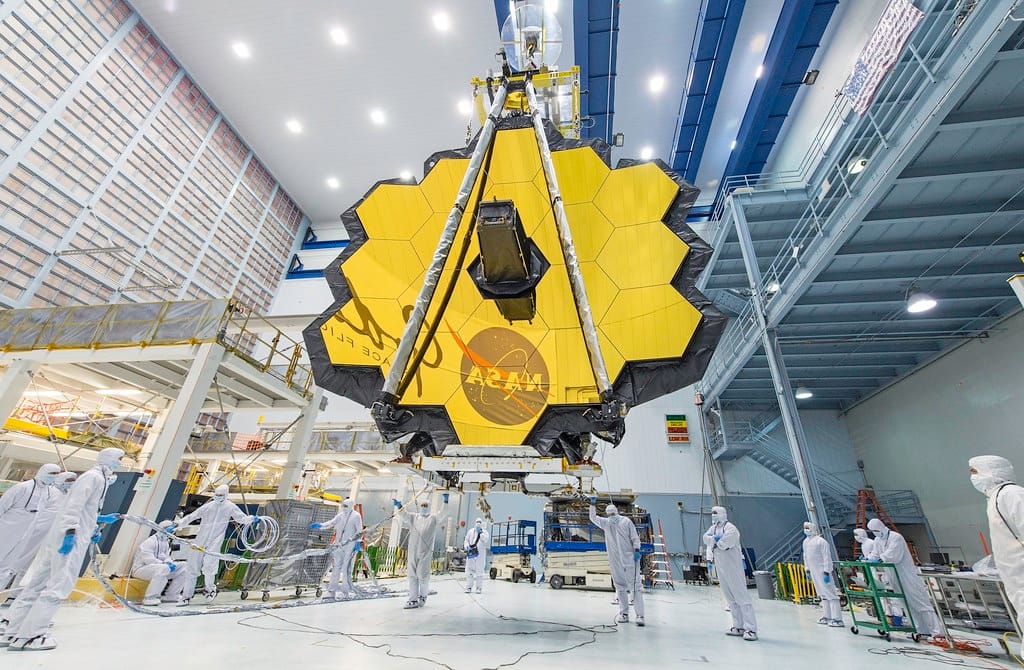Higher Education
Intersectionality’s Cosmic Inquisitor
Chanda Prescod-Weinstein has made a name for herself as one of STEM’s most implacable activists. Now the targets of her online attacks are fighting back.

A full audio version of this article can be found below the paywall.
On July 11, 2022, U.S. President Joe Biden revealed the first awe-inspiring infrared views produced by NASA’s James Webb Space Telescope (JWST). A project more than a quarter century in the making, the JWST represents a technological leap over its 1990s-vintage Hubble predecessor. Since the new sun-orbiting telescope began operation, it’s already yielded a number of spectacular discoveries, including the existence of complex organic molecules in a galaxy over 12-billion light years away.

Here on planet Earth, meanwhile, the JWST provided an occasion to revisit the extraordinary career of its namesake, a former Marine Corps pilot from Tally Ho, NC, who rose through government ranks to become the second most powerful official in the U.S. State Department; and then, more famously, NASA’s administrator from 1961 to 1968, a period during which America first began sending men into space.
Under Webb’s oversight, NASA became a public-sector leader in promoting equal opportunity and racial integration. As famed African-American astrophysicist and book author Hakeem Oluseyi has written, Webb was a “hero of diversity and inclusion in American government.”





